Entry level human resources jobs advances, many people wonder if they will be replaced by computers or robots. While AI can replace certain jobs, areas like human resources (HR) benefit from AI by enhancing current practices rather than replacing them.
How Does AI Affect Marketing?
The rise of digital marketing has dramatically changed how companies approach their strategies, and AI is playing a major role. Here’s why:
- Data Analysis: AI efficiently collects and analyzes data, offering insights into consumer behavior. Whether through social media activity, keyword searches, or online engagement, AI helps marketers understand their target audience better.
- Personalized Campaigns: Using AI, businesses create highly targeted ad campaigns that are tailored to individual consumers, reducing guesswork and saving time and money.
- Creative Professions: Despite AI’s growth, jobs like graphic design are not likely to be replaced. Human creativity and complex thinking remain crucial for delivering unique, innovative designs.
Is Human Resources Going to Be Replaced by AI?
While AI can streamline some HR processes, many still wonder, are HR reps being replaced by AI? The answer is no—HR roles require human qualities like empathy and emotional intelligence, which AI cannot replicate
- Human Touch: HR often requires empathy and emotional intelligence. Whether it’s building relationships, resolving conflicts, or understanding employee needs, these are skills AI cannot replicate.
- AI Limitations: AI can only function based on the data it’s given. This means that HR still needs people to input and manage that data. Additionally, jobs like computer engineers are also safe from replacement, as machines cannot perform the nuanced and complex tasks required of them.
What HR Workers Think About AI
- Job Insecurity: Some HR professionals may fear AI taking over their jobs, especially in roles focused on routine tasks like screening resumes or managing payroll.
- Empowerment: On the flip side, many HR workers feel empowered by AI, as it helps them work more efficiently by handling time-consuming tasks. This allows HR teams to focus on what truly matters: people.
How Can AI Enhance HR Functions?
According to a survey by Gartner, Inc., the top technology trends of 2023 in HR are:
- Skills Management: AI helps identify the skills needed for specific roles, aiding in workforce planning.
- Learning Platforms: AI personalizes training programs, making learning more engaging and relevant.
- Talent Marketplaces: AI-driven platforms match employees with opportunities based on their skills and career paths.
Despite these advancements, AI in HR is most effective when paired with human decision-making. While AI can provide insights, it’s the human touch that ensures meaningful employee engagement.
Real-World Examples of AI at Work
AI processes vast amounts of data quickly, making decisions that mimic human intelligence. Here’s how it works:
- Data Input: Engineers input data into AI systems, which then use algorithms to process it.
- Prediction: The system predicts outcomes and adjusts for success or failure based on its learnings.
- Feedback Loop: AI analyzes results, providing feedback before running the algorithms again for further refinement.
A well-known example comes from IBM, which uses AI in HR to predict employee retention, suggesting interventions to reduce turnover.
Conclusion: The Future of AI in HR
AI is a powerful tool that can transform HR processes. But while it can enhance efficiency, it lacks the emotional intelligence and human touch that are crucial for building relationships, resolving conflicts, and fostering workplace culture.
Takeaway: AI will continue to play a supporting role in HR, but people will remain irreplaceable in maintaining the heart of any organization.


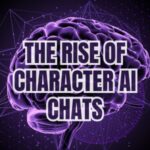



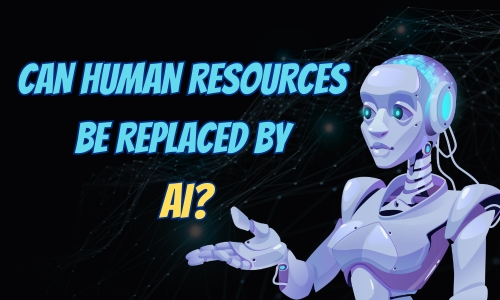
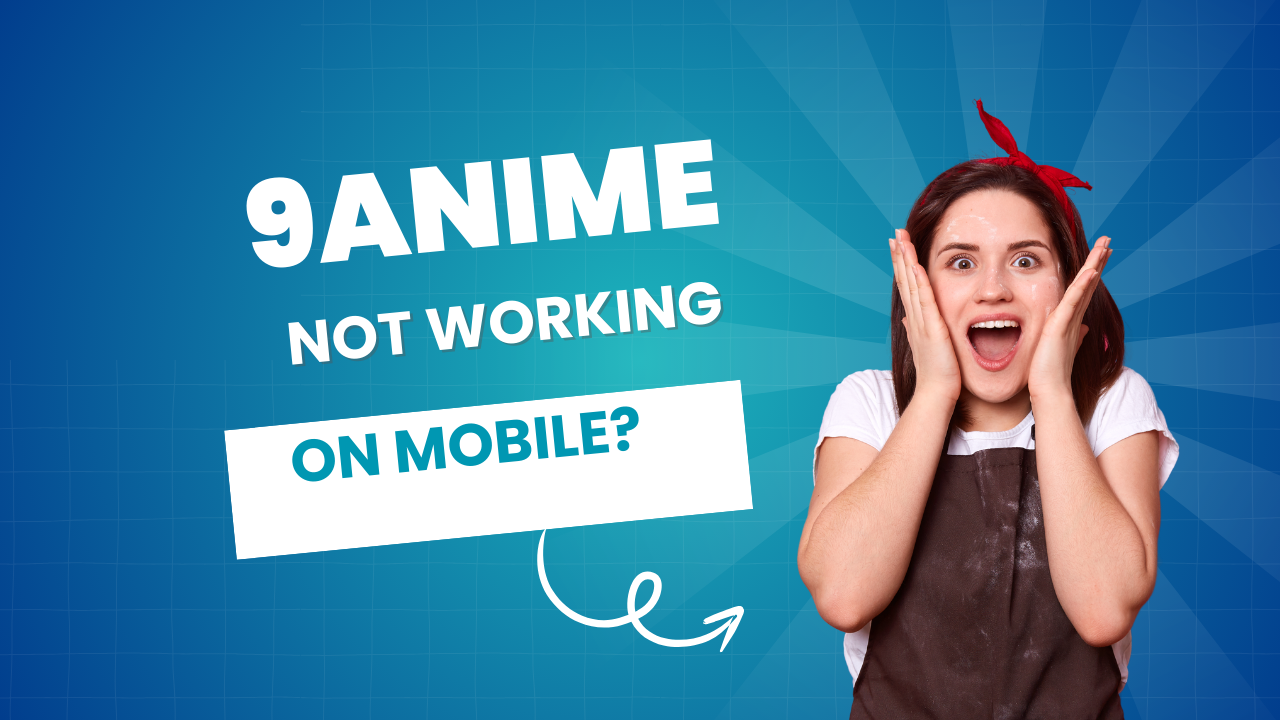
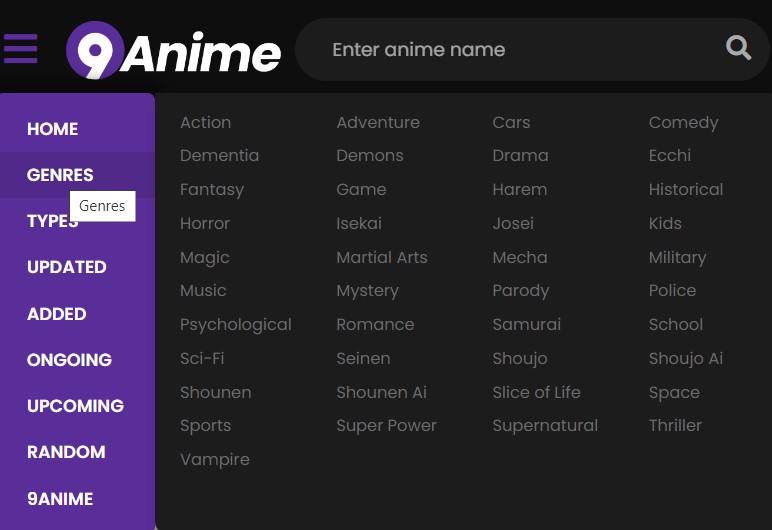
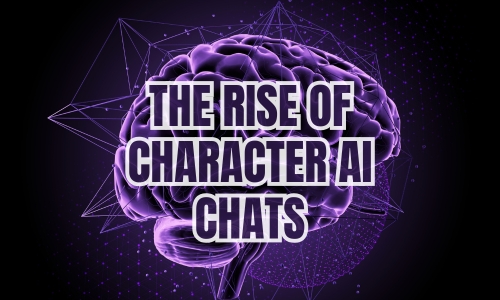
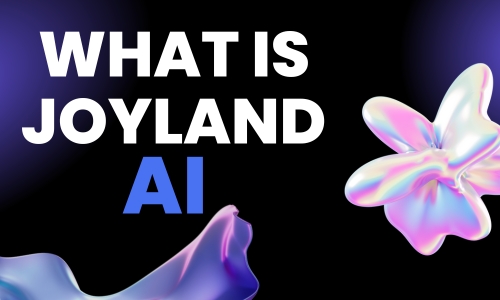
One thought on “Can entry level human resources jobs”